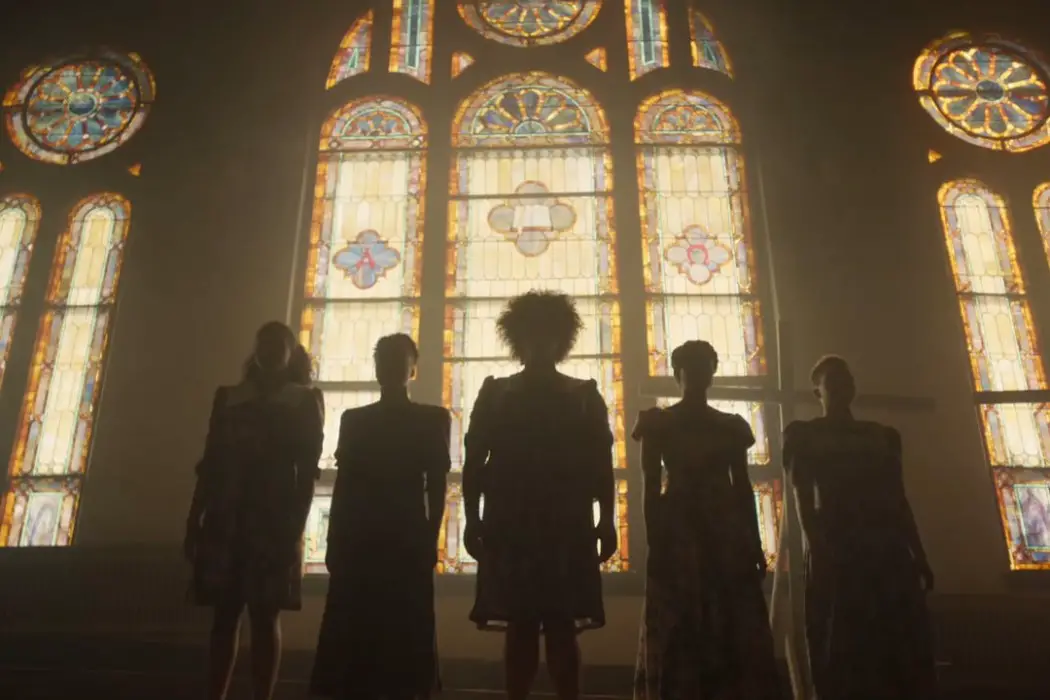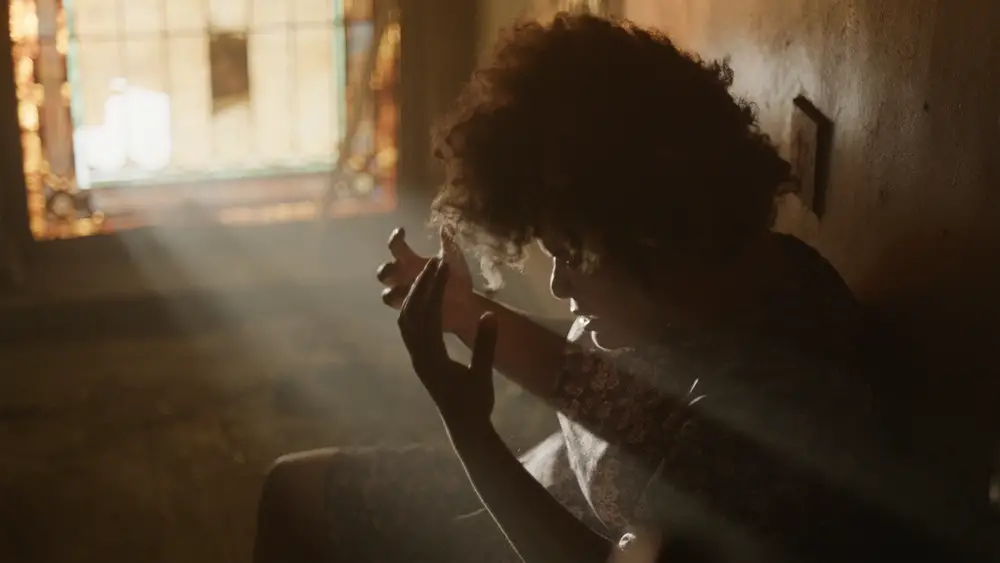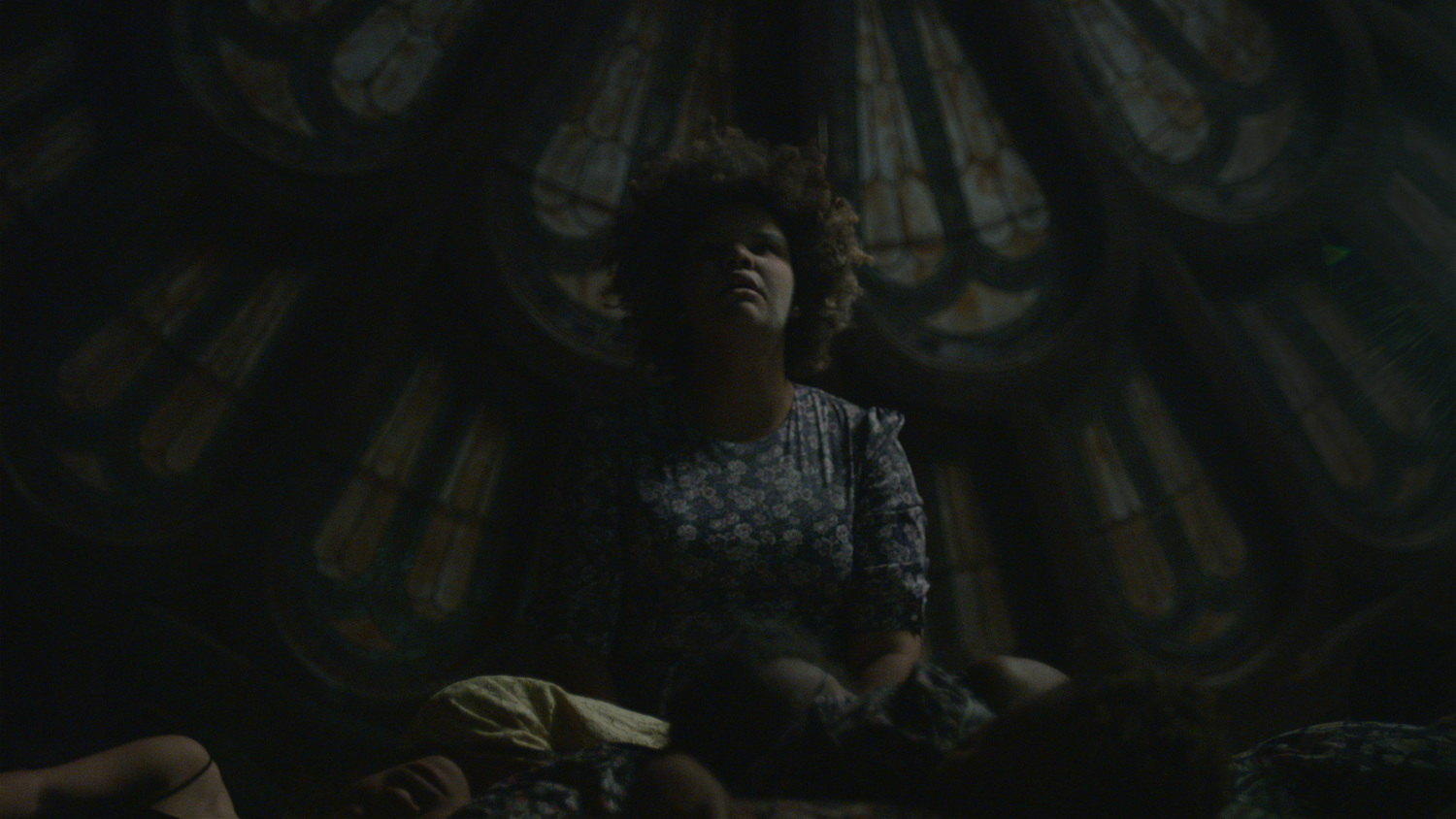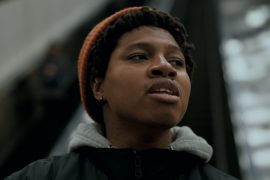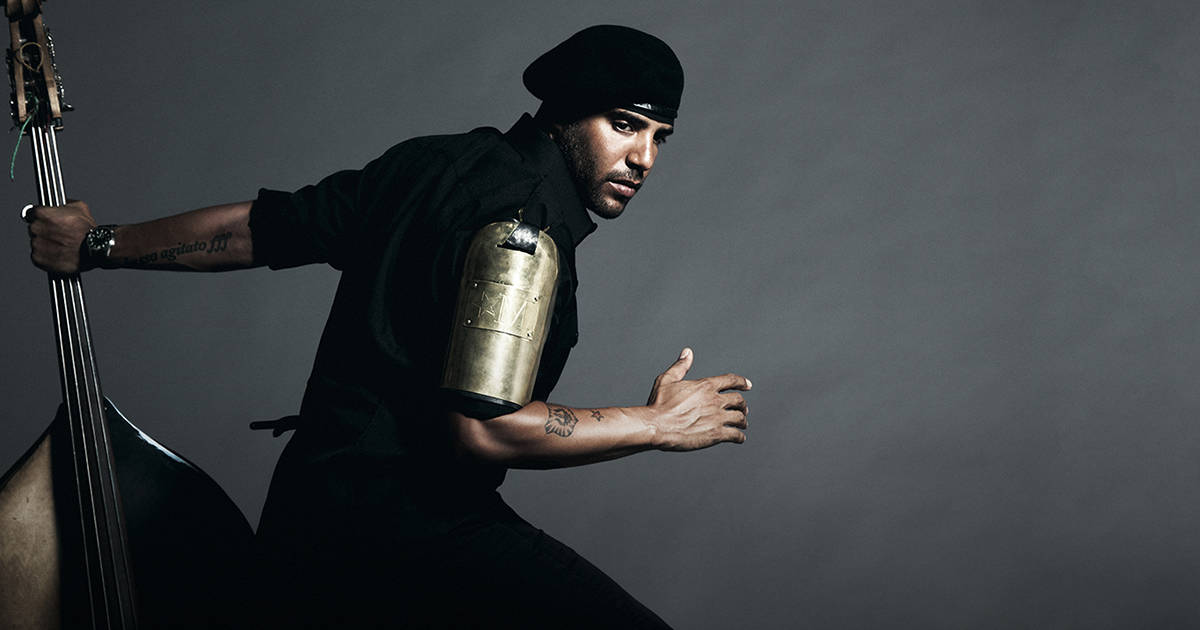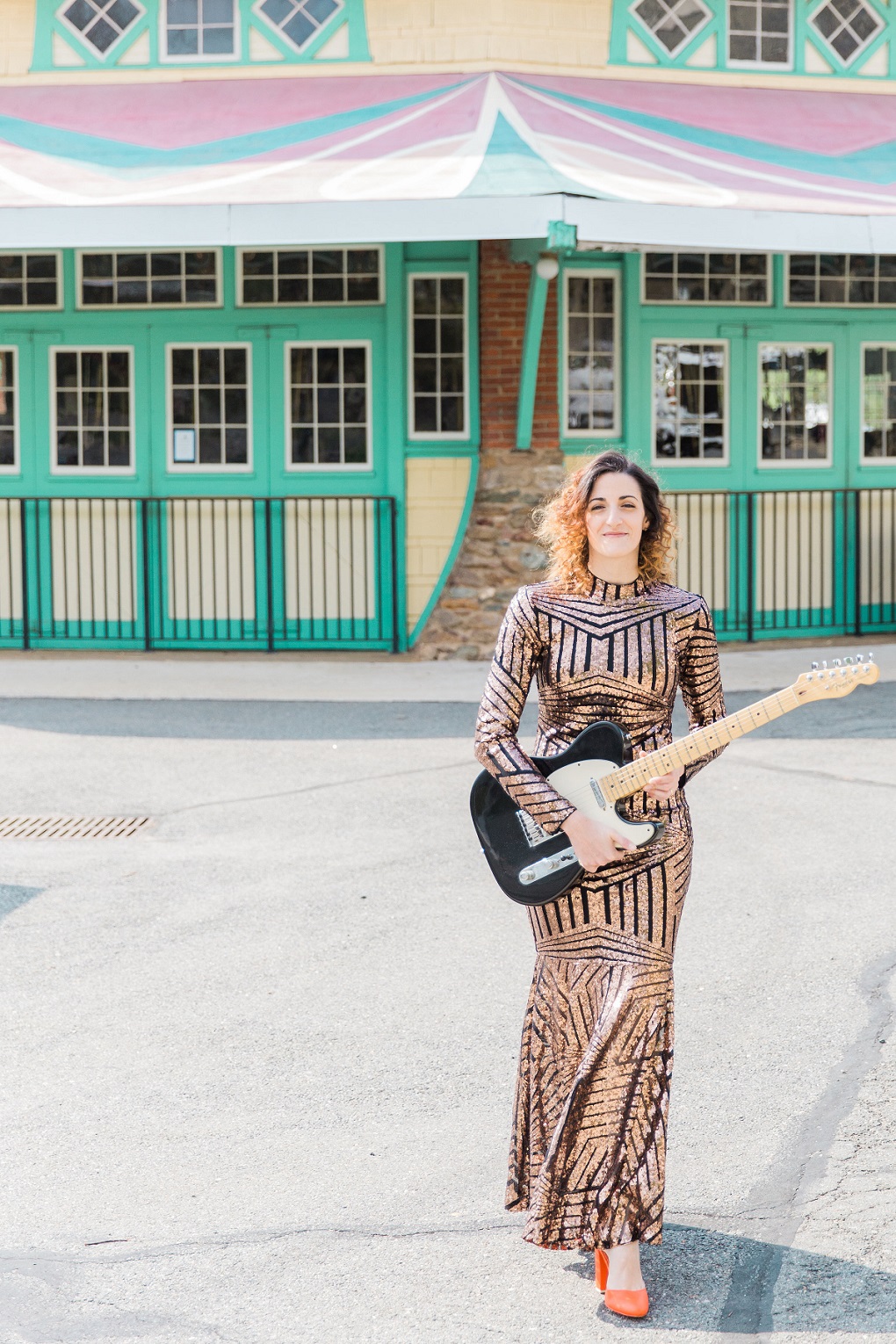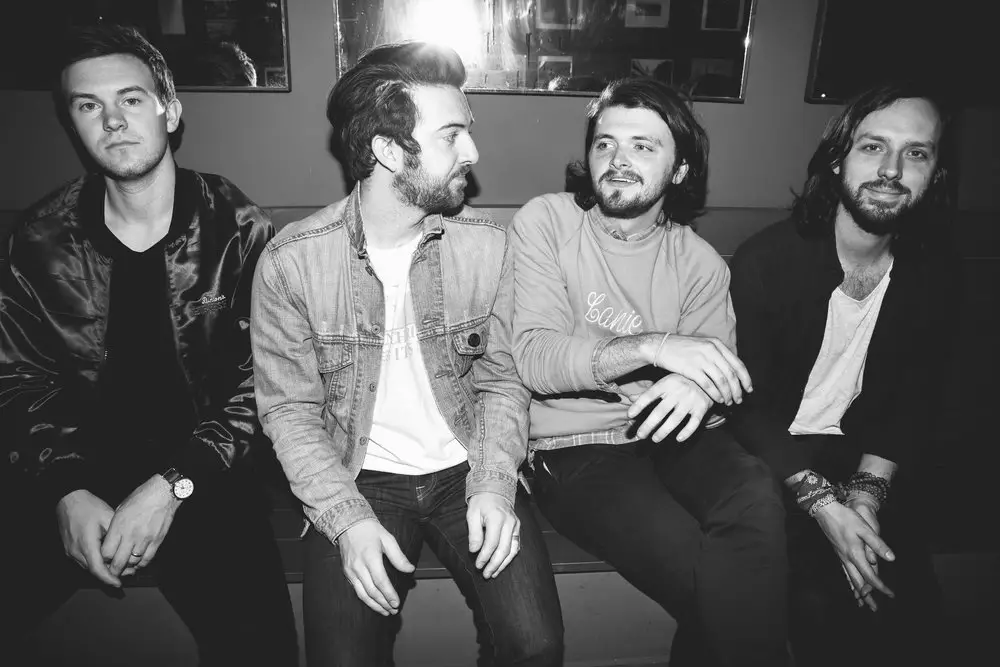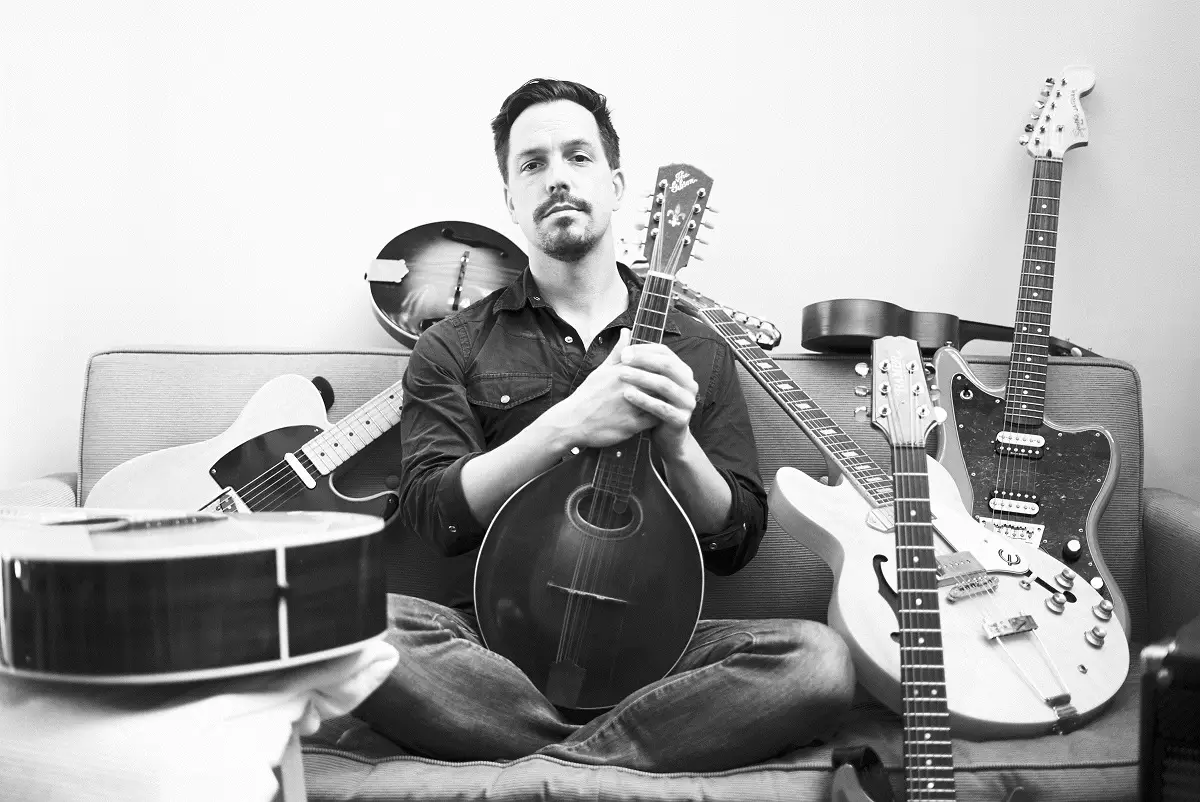It’s rare that a song provides listeners with a history lesson. It’s even rarer still that a song would use a history lesson to shed light on some of its country’s most pressing issues, and provide a commentary and call to action. But that’s exactly what singer, writer, and spoken word artist Amy León does in her powerful song “Burning in Birmingham.”
Before we dig in, let’s take a detour for a history lesson you might not remember from high school. During Sunday services on September 15, 1963, the largely African-American 16th Street Baptist Church in Birmingham, Alabama, was bombed, presumably due to its function as a meeting place for local civil rights leaders. Four girls under the age of fifteen—Addie Mae Collins, Denise McNair, Carole Robertson, and Cynthia Wesley—were killed, with at least fourteen more people were seriously injured (including a fifth girl, Collins’ sister Sarah, who was nearly blinded), according to CNN. The bombing, carried out by members of the Ku Klux Klan, shocked the country. Both black and white alike called for justice, and the outcry surrounding the bombing accelerated the passage of the Civil Rights Act the following year. But, as with all tragedy, none of the public outcry or passage of legislation following the bombing could change the fact that racism—plain and simple in its ugliness—had killed four young girls.
Listen: “Burning in Birmingham” – Amy León
[soundcloud url=”https://api.soundcloud.com/tracks/269340230″ params=”color=ff5500&auto_play=true&hide_related=false&show_comments=true&show_user=true&show_reposts=false” width=”100%” height=”166″ iframe=”true” /]
Amy León creates a striking tribute in both her song and the powerful video accompanying it. In a haunting gesture that goes beyond mere remembrance, León and four other women channel the five girls killed or seriously injured in the church that day by reimagining them in the “Burning in Birmingham” music video, directed by Tyler Rabinowitz (photography by Oren Soffer). In doing so, León is able to speak to a tragedy-stricken past as well as future that has seemingly come so far from that day—but has so much farther to go.
Watch: “Burning in Birmingham – Amy León
[youtube=https://youtu.be/QTxcCZ5przo?t=0s]
Heavy bass and violin begin the track, creating a somber and almost physically-heavy feel. Opening with news shots from the Birmingham bombing, the song’s weight crashes down on the listener. As León begins to sing, her strong, soulful, strong vocals are almost a balm of sorts–the literal cry of justice delivered in measured tones. There’s a forcefulness behind her words that commands and compels us to listen. As León sings the line
They say nothing’s mine
It’s the joke of racism
we are presented with the destruction racism causes, in just so few words. Nowhere else in music might such a heavy topic be presented so simply, so starkly, and so realistically. León’s specific use of the present tense (“We’re burning in Birmingham/We are”) points not only to the past but to the country around us today. In addition, her use of the word we—so simple and yet so powerful — implies that racism and hate crimes aren’t just a side issue. Racism inherent in any system is a problem for all of us—if the girls in Birmingham burn, we, the listener, are burning with them. Suffering begets suffering, and the cycle will keep lurching forward unless something is done.
León nearly one-ups herself — vocally and thematically — in the second half of the song, which showcases her power as a spoken word artist and poet. As the second chorus finishes, her voice — near-whispering but impassioned, gritty and whole — rings out:
Dear God, I’ve been here before
This place is the opposite of light
To love in a world like this is to love without breathing
It’s a prayer and a cry for justice rolled into one. Through layers of religious imagery, the emotion and frustration only builds as León outlines how she “heard somewhere that black women are impossible to love.” Referencing and building on another one of her own pieces, León turns towards the system that has placed black women “always second.”
They expect us to sit back and swallow
To sit back at ease
To sit back and break every single bone in our bodies til we learn how to follow their lead
We are always second to some white man’s apology
As the music reaches its crescendo, León’s impassioned cry becomes that of the voice of one crying out in the wilderness for wrong to be set right. “Didn’t we do this already?,” she demands of the suffering of the black community, “didn’t we die for them, [her ancestors]?” León’s we is again all-encompassing—it includes the girls who died over fifty years ago in Birmingham and the ever-growing list of victims of racism, both explicit and implicit, that were “the only one in the wrong place at the wrong time.”
When will it all end—the racially-motivated violence against the black community? León cries out, amid dust and death, amid the visceral, physical reactions to violence that make the dancing in her video all the more poignant:
I need to know
Cuz this looks a whole lot like Revelation’s end
I can’t tell if we’re being killed or saved
All I know is that I am bloodstained
León’s song draws our attention to the fact that though history does not necessarily repeat itself exactly, it certainly rhymes. It is a cry for justice and a call to action—as well as an absolution. The fact that León sets her video in a church and weaves her song around religious themes speaks even stronger to the concept of justice and rest. A church ought to be a place where people can look for, if not find, rest, acceptance, and peace—but far more than once in the past fifty years (and even in the past two years), churches with primarily black congregations have been the targets of violent, even deadly hate crimes. And some would claim that we have overcome racism — that years of treating the black community as lesser are magically over and okay — and move on?
Amy León’s “Burning in Birmingham” speaks unflinchingly to a country beset by racial injustice. The song’s depth and blend of genre — R&B and soul to spoken poetry — allows it to speak loudly to a range of listeners. Look around, it cries, we are burning. And, more implicitly: and are you doing anything about it? The song is an absolution in that it validates the listener’s anger–because being angered by injustice, being angered by racism, being angered by hate—is completely valid.
It’s a call to wake up. To listen. To ask how much longer can anyone live (or love, for that matter) in this world without breathing – and to take action to fix it. Amy León has done something most artists will never come close to in “Burning in Birmingham” — she’s used music to call attention to injustice, and has inspired the listener to do something about it.
Connect with Amy León on Facebook, Twitter, Instagram
Discover more new music on Atwood’s Picks
:: Watch: “Burning in Birmingham” – Amy León ::
[youtube=https://youtu.be/QTxcCZ5przo?t=0s]

